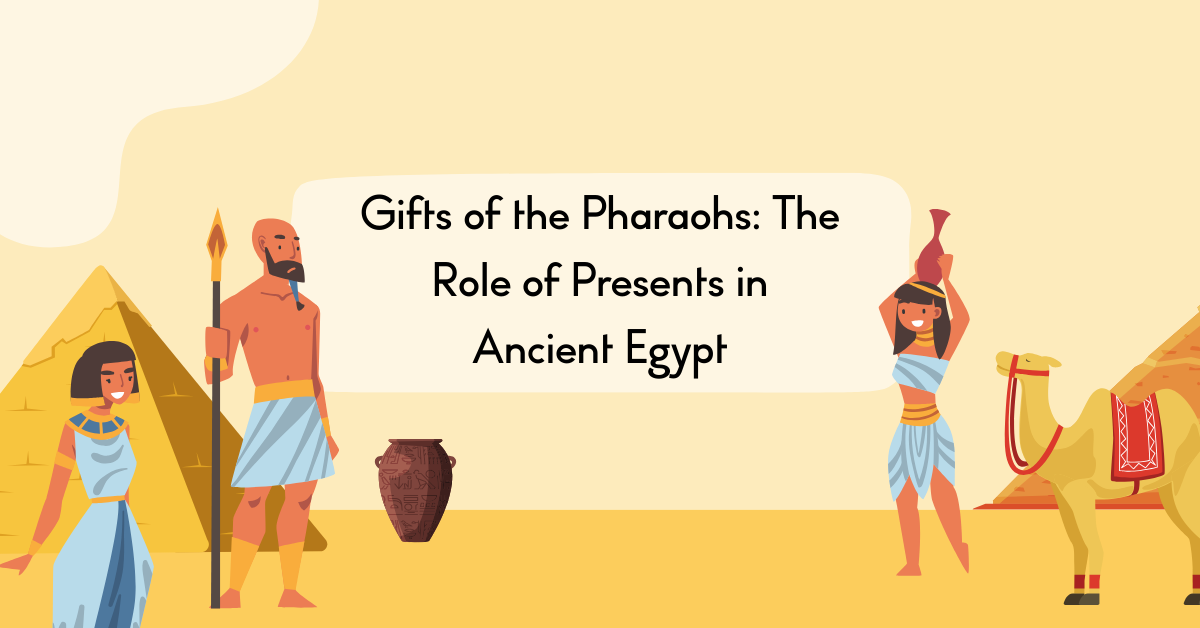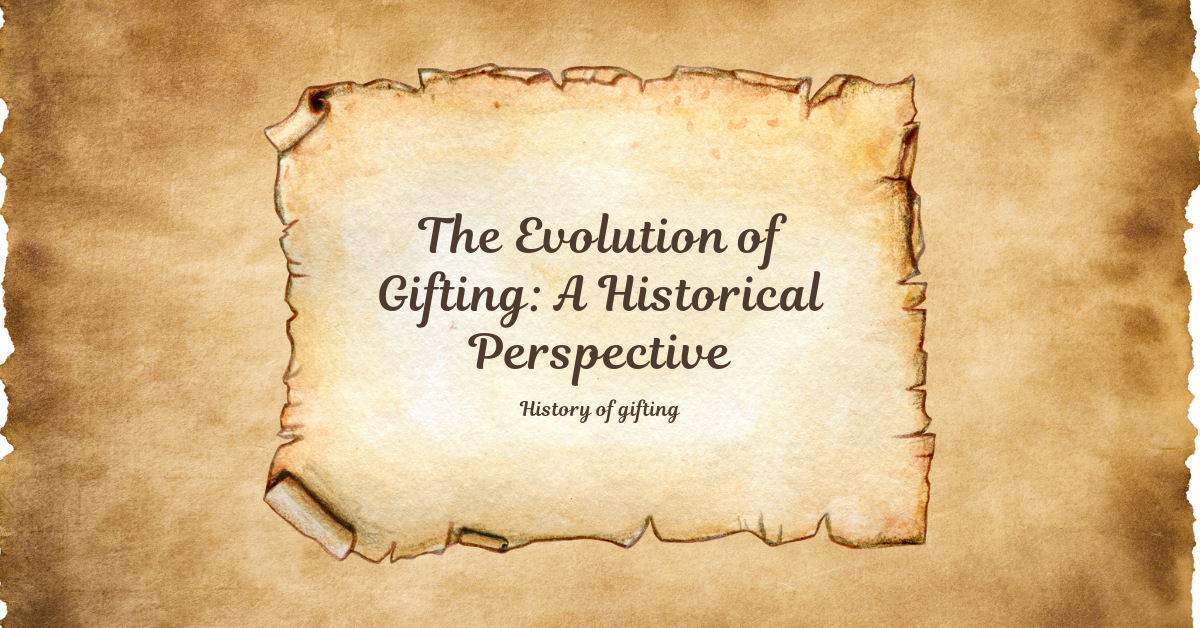In the annals of history, ancient Egypt stands out as a civilization of unparalleled grandeur and mystique. Its pyramids, hieroglyphs, and mummies have long captured the imagination of scholars and enthusiasts alike. But beyond these iconic symbols, there’s another facet of Egyptian culture that’s equally intriguing – the tradition of gift-giving. This article delves into the role of presents in ancient Egypt, exploring how they were intertwined with religious beliefs, diplomacy, and the very essence of Pharaonic rule.
The Divine Connection: Gifts for the Gods and Pharaohs
In ancient Egypt, gifts weren’t merely tokens of appreciation or affection; they bore profound religious significance. The Egyptians believed in a pantheon of gods, each overseeing different aspects of life and nature. To appease these deities and seek their blessings, offerings were made in temples. These ranged from food and drink to exquisite artifacts.
But the gods weren’t the only recipients of such grand gestures. The Pharaohs, upon their coronation, were considered earthly manifestations of gods. As such, they were presented with honorary gifts on their crowning day, symbolizing their divine status and the people’s allegiance to their rule. As highlighted in “Gift Etiquette Egypt,” the act of presenting offerings to Pharaohs was deeply rooted in the belief that they were earthly gods.
Source: Luxury Academy
Diplomacy and Gifts: The Amarna Letters
The ancient Egyptians weren’t just pioneers in architecture and art; they were also astute diplomats. The Amarna letters, a collection of cuneiform tablets, shed light on the diplomatic correspondence between the Egyptian Pharaohs and rulers of neighboring regions. Among these letters, references to grants and gifts awarded by the Pharaohs to the Canaanite rulers are particularly intriguing. These exchanges weren’t merely transactional; they were emblematic of the political alliances and the mutual respect between kingdoms.
Source: Archaeopress Journals
The Legacy of Egyptian Gift-Giving
The tradition of gift-giving in ancient Egypt wasn’t an isolated practice. It was a reflection of the broader cultural, religious, and political landscape. From appeasing the gods to forging diplomatic ties, gifts played a pivotal role in various facets of Egyptian society.
In her book, “Gifts from The Pharaohs: How Ancient Egyptian Civilization Shaped the Modern World,” Christiane Desroches Noblecourt traces the evolution of ideas from ancient Egypt that continue to influence our lives today. The act of gifting, as practiced by the Egyptians, resonates even in contemporary times, reminding us of the timeless nature of human relationships and the universal act of giving.
Source: Amazon
Conclusion
The tradition of gift-giving in ancient Egypt offers a fascinating glimpse into the soul of a civilization that thrived millennia ago. Whether it was to honor the gods, celebrate the Pharaohs, or foster diplomatic ties, gifts were more than just material objects. They were symbols of reverence, respect, and relationships. As we unwrap the history of Egyptian gifts, we’re reminded of the enduring power of presents – not just as tokens of love or appreciation but as bridges that connect cultures, eras, and hearts.

